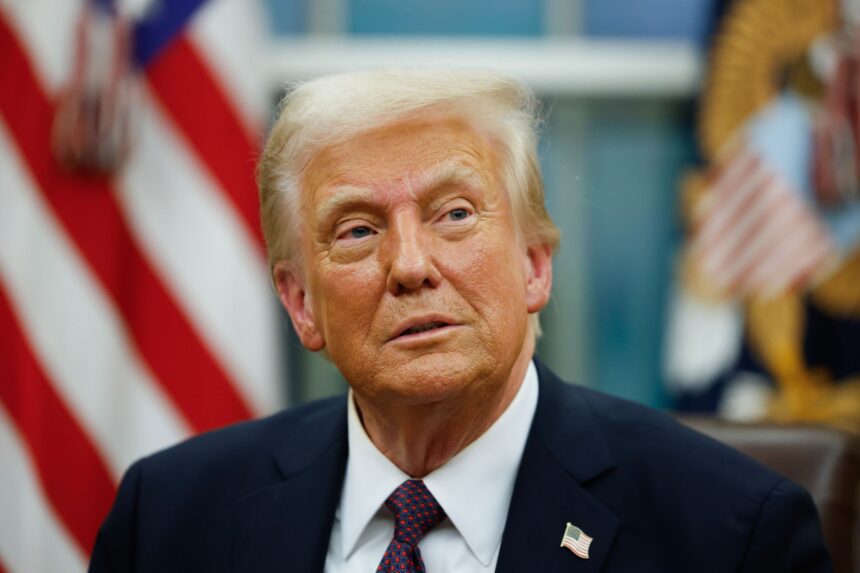One month after his Alaska summit with Russian President Vladimir Putin, U.S. President Donald Trump admits that his peace gambit has failed to deliver results in Ukraine.
“He’s let me down. He really let me down,” Trump said this week, expressing frustration over stalled talks while conflicts in both Ukraine and the Middle East spiral further out of control.
In Gaza, Israeli Prime Minister Benjamin Netanyahu has launched a fresh offensive, extending strikes beyond Gaza City and targeting Hamas operatives even in Qatar, a U.S. ally hosting negotiations. Trump warned, “They have to be very, very careful,” but his influence on Netanyahu appears limited.
Bold Moves, Limited Results
Trump’s trademark dramatic gestures — from airstrikes in Iran to tariff announcements — have not translated into lasting peace deals. Analysts say he has failed to surround himself with seasoned diplomats.
“Reaching peace agreements is very hard,” said Max Bergmann of the Center for Strategic and International Studies, noting that Trump approaches diplomacy like a business deal, often with poor outcomes.
Despite praise from some European leaders, Trump risks repeating past failures, such as his unsuccessful push to end North Korea’s nuclear program. Critics warn he may eventually abandon efforts in Ukraine and Gaza altogether.
Middle East in Turmoil
In the Middle East, Trump is squeezed between Netanyahu’s aggressive military campaign and rising frustration among Arab allies. Israel’s decision to strike Hamas operatives inside Qatar — using U.S.-supplied weapons — has shaken Gulf nations’ trust in Washington.
Arab diplomats now view Israel, not Iran, as the region’s primary threat, a dramatic shift from Trump’s first term, when the Abraham Accords fostered unprecedented cooperation.
At next week’s UN General Assembly, Trump and Secretary of State Marco Rubio face mounting pressure to recalibrate U.S. policy. Some Gulf states are even considering demands for enhanced military support — a politically sensitive issue given strong Republican backing for Israel in Congress.
Uncertainty in Europe
In Europe, Trump’s mixed approach to Putin fuels concern. While insisting his meeting with the Russian leader “accomplished a lot,” Trump also suggested that Ukrainian President Volodymyr Zelenskyy shares responsibility for the war.
Tensions rose sharply after Russian fighter jets violated Estonian airspace, with Trump warning it could mean “big trouble” for NATO.
Despite setbacks, Trump maintains that ending the wars in Gaza and Ukraine remains his top priority. But as he conceded during his UK state visit:
“You never know in war. Things happen that are very opposite of what you thought.”







